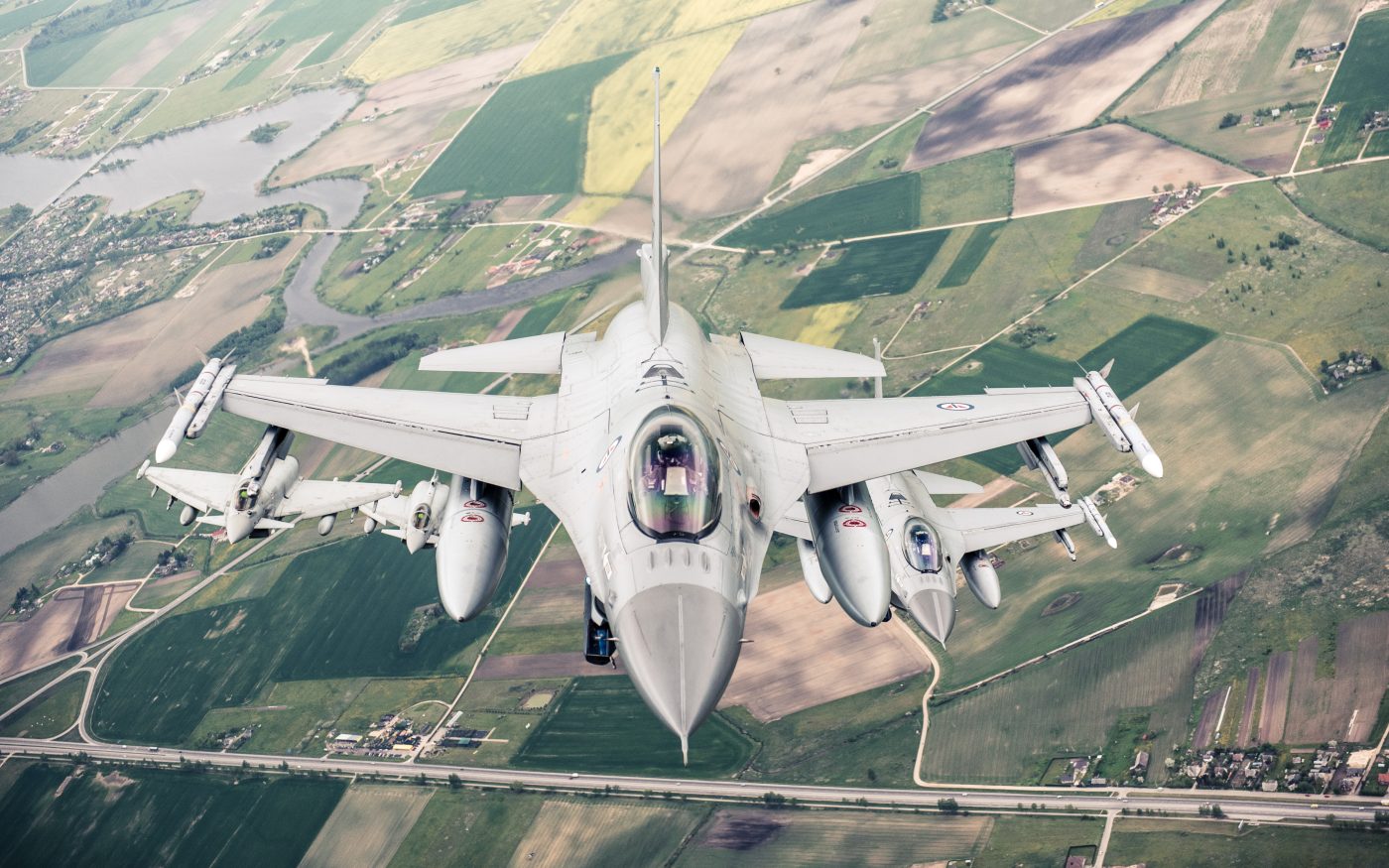Few remember Viktor Gerashchenko these days. Schooled in Soviet-era economic planning, Russia’s post-1991 central bank chief learned about real money slowly. It was the most expensive economics education in history, and Russians paid for it as their savings shriveled.
Another course of instruction is underway right now, in practical geopolitics. One module is about timing. Should you supply weapons to a beleaguered ally early or late? Another is about managing risk. Your adversary is a nuclear superpower: how far is it wise to provoke him?
The students are international, and their approach varies. Those with recent experience of foreign occupation and big-country imperialism think the least risky course is to supply weapons plentifully and promptly. Participants from bigger, richer, safer countries mostly worry more about escalation.
Such differences would be acceptable in a classroom setting. But this is real life. The students are decision-makers in NATO countries. And the bill for their studies is paid, in blood and tears, by the people of Ukraine.
This is the framework in which the Biden administration’s flipflop on allowing allies to supply F-16 warplanes to Ukraine should be judged. It was only a few months ago that White House officials — and the president himself — were flatly ruling this out as too risky. Little has changed since then, except the policy. US officials may not like to admit it, but they now realize that their previous reservations were wrong. Ukraine has a real chance of winning, so the aid is not futile. Russia’s nuclear bluster is just that. And the Chinese leadership is not going to retaliate by supplying game-changing aid to the Kremlin. Other countries could see this months ago. The White House grasps it only now.
Ukrainians will not complain, any more than they have about the past delays in supplying battle tanks, or air defense systems, or ammunition. Better late than never. But it is better still not to be late at all. Ukraine’s battle-hardened fighter pilots can learn to fly F-16s astonishingly fast — in a few months, not a couple of years. Assuming NATO allies provide the planes in the coming days, that means they may be in action in October. But that will be too late to give a perhaps decisive edge to the coming offensive. It is too late to save Bakhmut. It is too late to save the civilian infrastructure targets Russia has been pounding in past months. It is too late to save the lives of Ukrainian pilots who were shot down while flying out-of-date aircraft.
Had the White House stiffened its spine six months ago, or even better, still earlier, Ukraine would now have a daunting military edge. That would not just change the map. It would have saved lives.
Delays in supplying weapons also risk creating the problems that they seek to avoid. Prevarication signals weakness and creates temptation. If NATO countries had supplied Ukraine 18 months ago with even a fraction of the military, economic and other support they are providing now, the outbreak of large-scale hostilities in February 2022 would have been far less likely, and its cost much less.
The semester is not over yet. The final module is about theories of victory. Is it enough for Ukraine to win a military advantage and to secure a respectable territorial settlement in negotiations that will inevitably follow? Or is it vital for future peace and security that Russia loses decisively, even humiliatingly? The students will, as before, debate this vigorously. And the Ukrainians will pay the bill, patiently and gratefully. They have no choice about that. Historians may be less forgiving.
Europe’s Edge is CEPA’s online journal covering critical topics on the foreign policy docket across Europe and North America. All opinions are those of the author and do not necessarily represent the position or views of the institutions they represent or the Center for European Policy Analysis.





